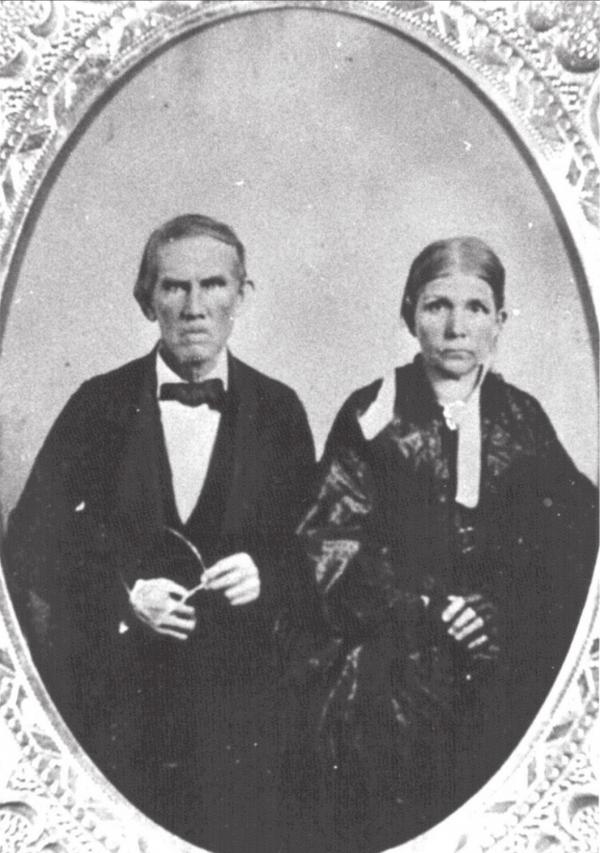Everything’s different about dating after COVID
When my mom reached her 21st birthday and still hadn’t married, friends and neighbors began using phrases like “career girl” and “spinster.” That was in the late 1930s, and most girls Mother’s age were already married and building families. Don’t get me wrong. My mom was beautiful, vivacious and a great dancer. But it was war time and she hadn’t met the right person.
She was 23 when my granddaddy walked her down the aisle…and 25 (my dad was 28) when I came along.
My grandmother, who had an 8th grade education, was married at 16 and a grandmother by the time she was 38.
As I understand, no woman has as “Good Until” or “Use By” stamped on her forehead. But I know things are changing.
Most of my group of girlfriends in the 1960s were married by age 21 – as was I. Some in our graduating class married sooner. My granddaughter was 22 and had graduated with her degree. I was a year away from having my bachelor’s degree when I made the trip to the altar. Big mistake! I would counsel any young woman today to complete at least one degree before selecting an engagement ring.
But match.com -- the online dating app -- has just released their 11th study of America’s dating habits, love and relationships, and I thought their findings were interesting enough to share.
With more than a decade of data on the thoughts and behaviors of singles, there’s been a dramatic shift in singles' priorities, both in making positive changes to become better versions of themselves and in reconsidering what they're looking for in a romantic partner. It's absolutely a dating reset. According to the study
According to the study released last week, people are no longer selecting dating material based on physical looks. Instead, they’re looking for emotional maturity.
“Stability is the new sexy," said Dr. Helen Fisher, Chief Science Advisor at Match. "While COVID wreaked havoc with our lives, it also triggered momentous posttraumatic growth. Singles have re-evaluated themselves. They've grown up. Bad boys and girls are passe; today's singles want educated, successful, grounded, goaloriented and committed partners – a reset that may increase family stability for decades to come.
What , according to the Match.com study, do singles want in a long-term partner:
• 84% said, “Someone I can trust and confide in”
• 84% said, “Someone who can communicate their wants and needs”
• 83% said, “Someone who open-minded and accepting of differences”
• 83% said, “Someone who can make me laugh”
• 83% said, “Someone who is emotionally mature”
• 82% said, “Someone who is comfortable with their sexuality”
• 80% said, “Someone who has a life of their own”
• 79% said, “Someone who is confident and selfassured”
• 78% said, “Someone who is physically attractive (vs. 90% in 2020)
Here are some other interesting findings:
Only 11% of singles want to date casually, while 62% say they seek more meaningful, committed relationships. They're motivated too. 65% of singles want a relationship within the next year, particularly young singles (81% Gen Z, 76% Millennials, 64% Gen X and 50% of Boomers).
Singles are thinking more about the importance of a partner's financial stability. The desire for a partner with an income at least equal to their own rose almost 20% from 2019 to 2021 (70% to 86%). Desire for a similar level of education went up from 79% in 2019 to 89% in 2021. Desire for a partner with a successful career increased 5% from 85% two years ago to 90% today.
Interest in getting married has seen a significant jump in just two years. The desire for a partner who wants marriage was at 58% in 2019 and has risen to 76% in 2021. While this desire increased from 61% to 75% in women, men are feeling it more. They went from 55% in 2019 to 77% in 2021.
In 2017, 80% of singles under 40 said it was important to have a partner who wanted to have kids. Today, only 61% said having kids is important. This shift is most pronounced among women, with only 56% now saying it is important to find a partner who wants children, while 68% of men say they want a partner who wants children.
More daters want to take it slowly. Over half (55%) of singles are uncomfortable making-out within the first three dates now. More than 7 in 10 are uncomfortable with oral sex within the first three dates, and 71% are uncomfortable with the idea of sex during the first three dates., so slow your roll out there.
Here's something every generation of daters should consider: in the Match study, Millennials and Gen Z are evolving at the most accelerated rate in terms of working on themselves and reconsidering what they want in a relationship.
Hmm. This is interesting: Millennials said they got better at managing their finances (69%) and their time (68%); and 69% of Gen Z said they worked on their career. But more than half of young singles said they are now experiencing career burnout (52% of Gen Z; 54% of Millennials; 37% of Gen X; 17% of Boomers).
You’ll find this interesting, too: Contrary to many stereotypes, men are more ready to find a long-term romantic relationship than women. 70% of men reported that they want to find a relationship within the next year (compared to 60% of women), and 81% of men said they think sex is less important in a relationship now (vs. 87% of women), compared to how they felt before the pandemic.
Said one study analyst, people are marrying older and courting longer so they can get to know their significant other better before tying the knot. Yeah, nobody likes surprises.



